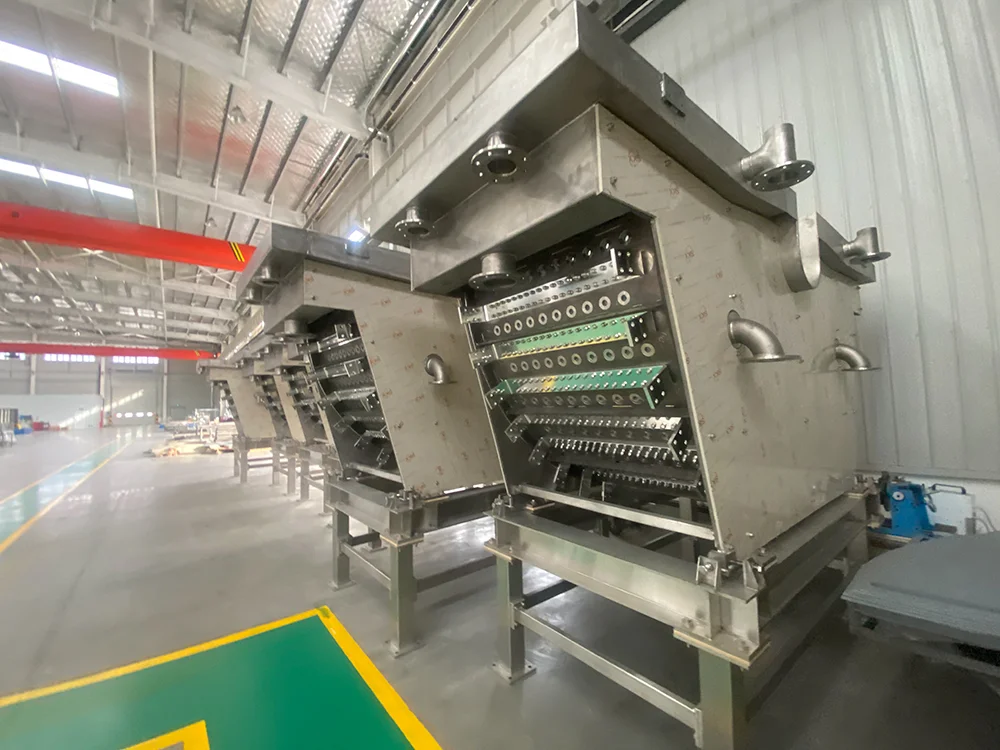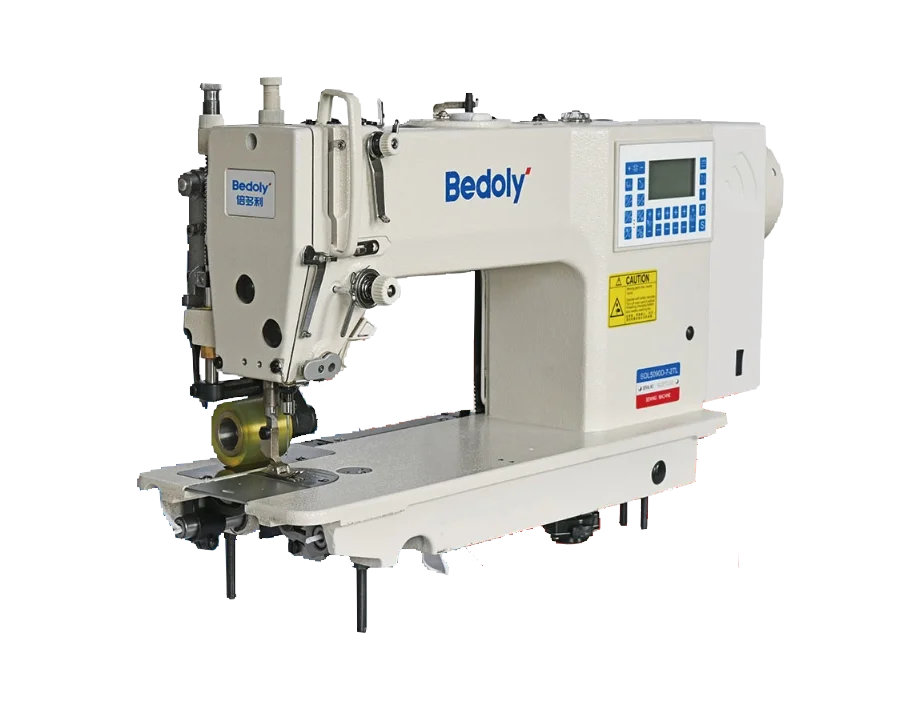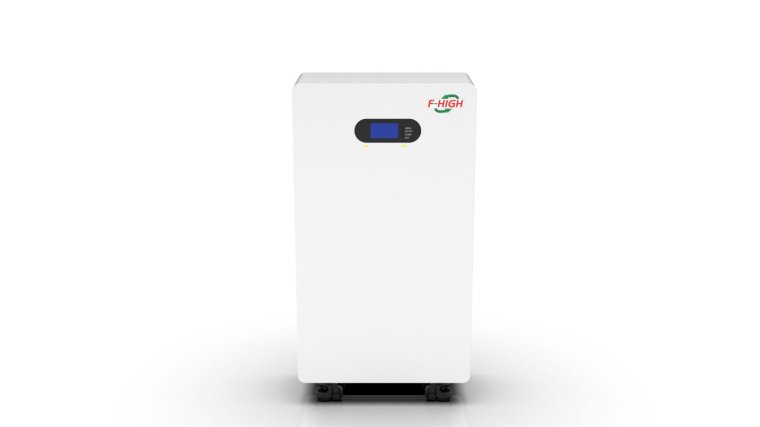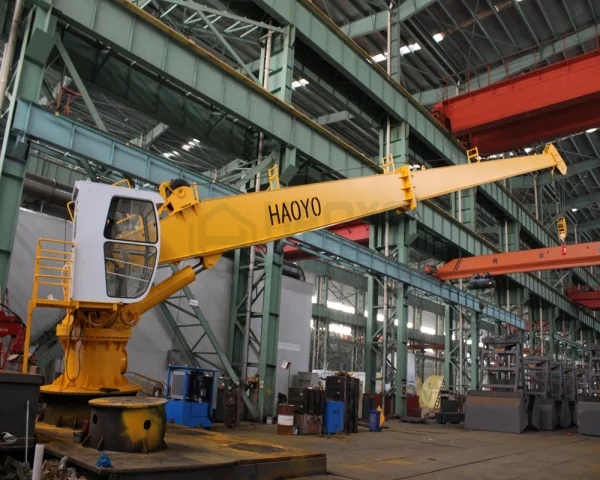Mechanical failure is a critical aspect in various industries, encompassing engineering, manufacturing, and construction. Understanding the modes of mechanical failure is essential for ensuring the reliability and safety of mechanical systems. In this blog post, we will delve into the intricacies of mechanical failure, exploring its different modes and providing valuable insights for professionals across industries.
- Fatigue Failure:
Fatigue failure is a common mode of mechanical failure caused by repeated cyclic loading. It occurs when a material undergoes stress fluctuations below its ultimate strength, leading to crack initiation and propagation. Factors such as material properties, loading conditions, and environmental factors influence the rate of fatigue failure. We will discuss the mechanisms behind fatigue failure and explore strategies to mitigate its occurrence. - Fracture Failure:
Fracture failure refers to the sudden and catastrophic separation of a material into two or more pieces. It occurs when the applied stress exceeds the material's strength, resulting in crack propagation. Understanding the different types of fractures, such as ductile and brittle fractures, is crucial for failure analysis and prevention. We will delve into fracture mechanics, examining the factors influencing fracture behavior and techniques for fracture prevention. - Wear and Abrasion Failure:
Wear and abrasion failure occur due to the progressive removal of material from the surface of a component. It is commonly observed in mechanical systems involving sliding or rolling contact. Factors such as surface roughness, lubrication, and material properties influence the rate of wear and abrasion. We will explore the various wear mechanisms, including adhesive, abrasive, and erosive wear, and discuss effective strategies for minimizing wear-related failures. - Creep Failure:
Creep failure is a time-dependent deformation that occurs under constant stress and elevated temperatures. It is particularly relevant in high-temperature applications, such as power generation and aerospace industries. Understanding the mechanisms of creep, including diffusion and dislocation creep, is crucial for designing materials and structures capable of withstanding long-term loading. We will discuss the factors influencing creep behavior and methods to mitigate creep failure. - Corrosion and Corrosion Fatigue:
Corrosion and corrosion fatigue are significant modes of mechanical failure in environments where materials are exposed to chemical reactions. Corrosion weakens the material, making it susceptible to other failure modes such as fatigue and fracture. We will explore different types of corrosion, such as uniform, pitting, and stress corrosion cracking, and discuss preventive measures, including material selection, coatings, and cathodic protection.
Conclusion:
Understanding the modes of mechanical failure is paramount for professionals across industries to ensure the reliability and safety of mechanical systems. By comprehending the intricacies of fatigue failure, fracture failure, wear and abrasion failure, creep failure, and corrosion-related failures, engineers and practitioners can implement effective strategies to prevent and mitigate mechanical failures. By staying informed about the latest research and advancements in failure analysis, professionals can enhance the performance and longevity of mechanical systems, contributing to overall operational excellence.





